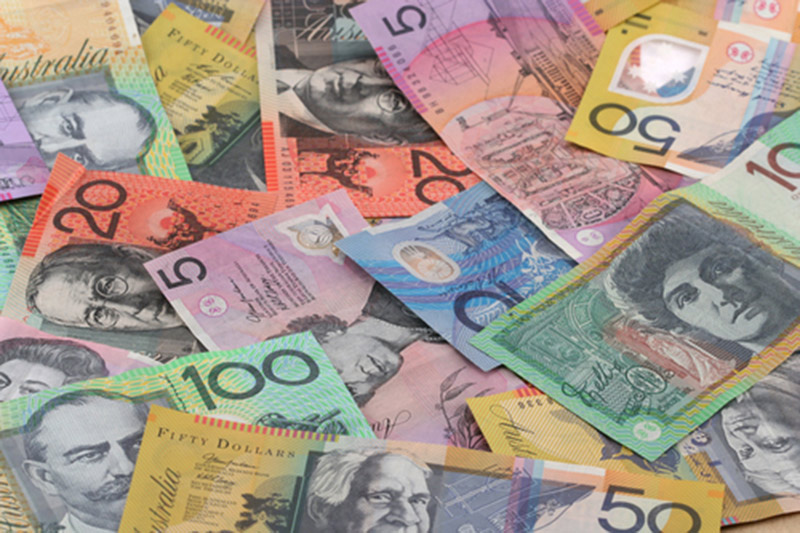By Peter Nurse
Investing.com - The U.S. dollar edged lower in early European trade Tuesday ahead of the start of the latest Federal Reserve policy-setting meeting, while the Australian dollar soared after the Reserve Bank raised interest rates and signalled more to come.
At 2:55 AM ET (0655 GMT), the Dollar Index, which tracks the greenback against a basket of six other currencies, traded 0.1% lower at 103.623, holding below the 103.93 level seen late last week, the highest since December 2002.
The Fed will start its two-day consultation later this session, before handing down its policy decision on Wednesday. It’s widely expected to hike rates by 50 basis points, the biggest hike since 2000, while also announcing plans to trim its $9 trillion balance sheet.
Some investors are even holding out for the possibility of a 75-basis point hike, or a faster pace of balance sheet reduction than currently expected.
“The Fed’s tightening cycle is largely priced in, but we surely do not see the divergence between market expectations and central bank communication that we witness in the case of other major central banks,” said analysts at ING, in a note.
“With the Federal Reserve having largely endorsed the market’s hawkish pricing, any risk related to a material dovish re-pricing seems quite remote for the dollar.”
However, the Fed isn’t the only major central bank meeting this week. The Reserve Bank of Australia started the ball rolling earlier Tuesday, raising its cash rate by 25 basis points to 0.35%, in an attempt to .
“The Board is committed to doing what is necessary to ensure that inflation in Australia returns to target over time,” Governor Philip Lowe said in a post-meeting statement. “This will require a further lift in interest rates over the period ahead.”
AUD/USD surged as a result, climbing 1% to 0.7117, while GBP/USD rose 0.2% to 1.2510, with the Bank of England set to hand down its latest policy decision on Thursday.
The BOE is expected to raise interest rates to their highest level in 13 years even as the policymakers have to balance efforts to contain inflation that has leaped to a 30-year high against the risk that raising rates will slow the nascent recovery.
EUR/USD edged higher to 1.0507, marginally above last week’s 5-year lows, with the single currency suffering from concerns about the impact of the Ukraine war on inflation and growth in the region.
The European Union is expected to firm up plans to tighten sanctions on Russia this week, potentially agreeing an embargo on Moscow’s oil, which would add to worries about energy security in the region.
Additionally, USD/JPY edged lower to 130.10, holding just below the 20-year highs seen at the end of last week, while USD/CNY was largely unchanged at 6.6083, just below the 6.6940 touched on Friday, which was the highest since Nov. 2020.
China’s official purchasing managers indices showed both the manufacturing and services sectors in sharp contraction in April as many regions in the country suffered from varying degrees of Covid restrictions.
